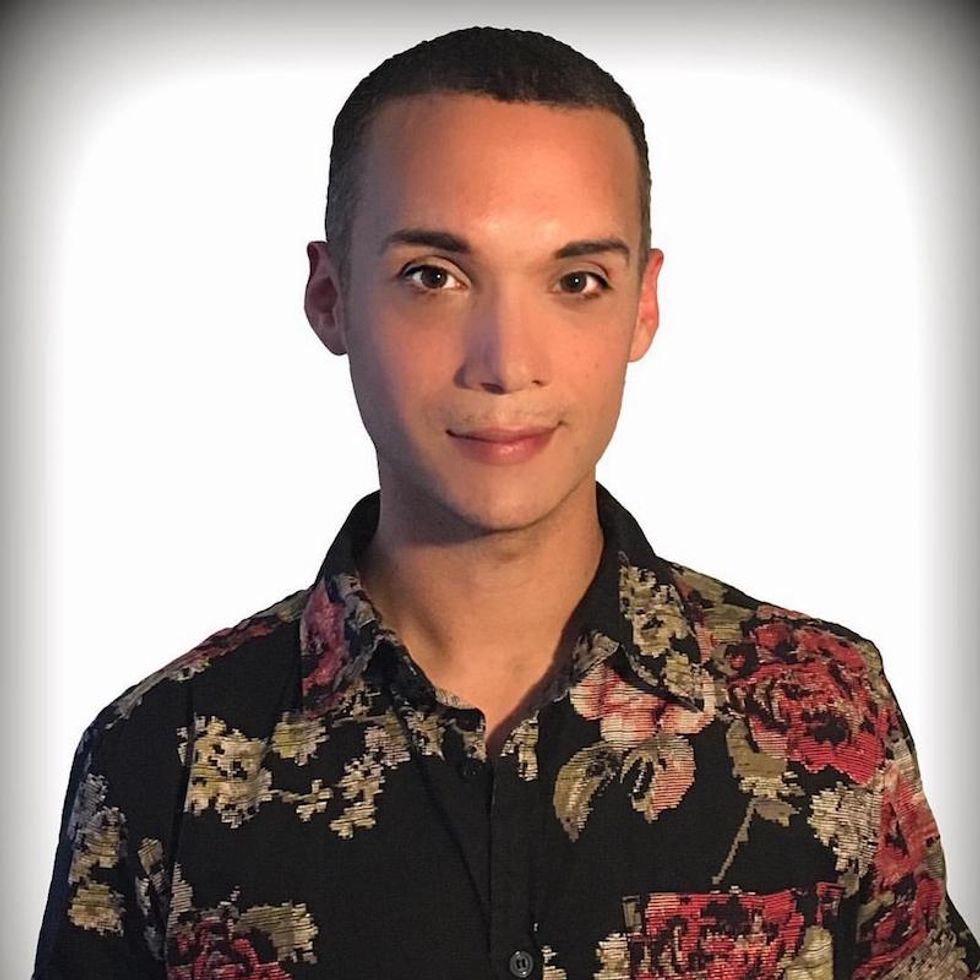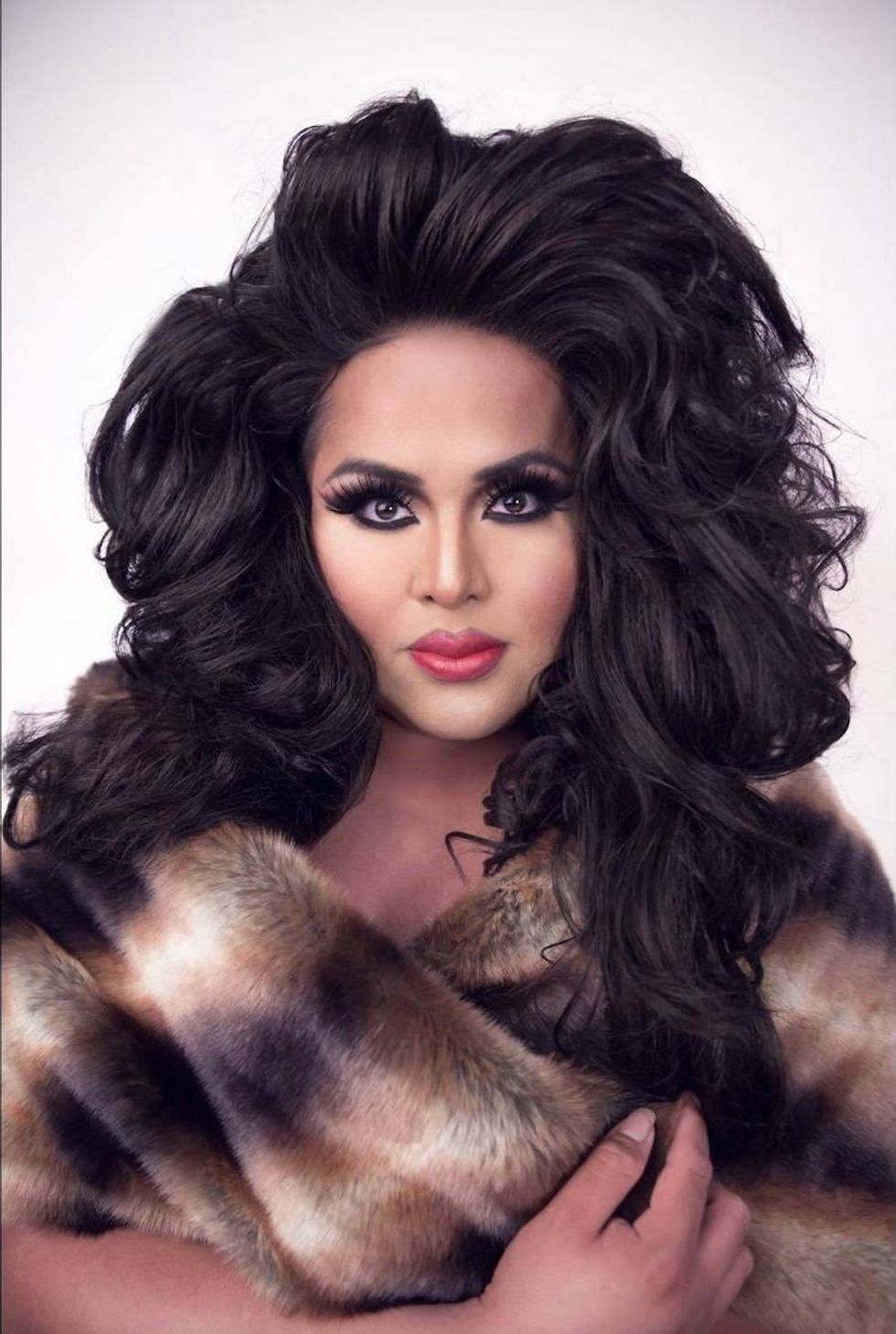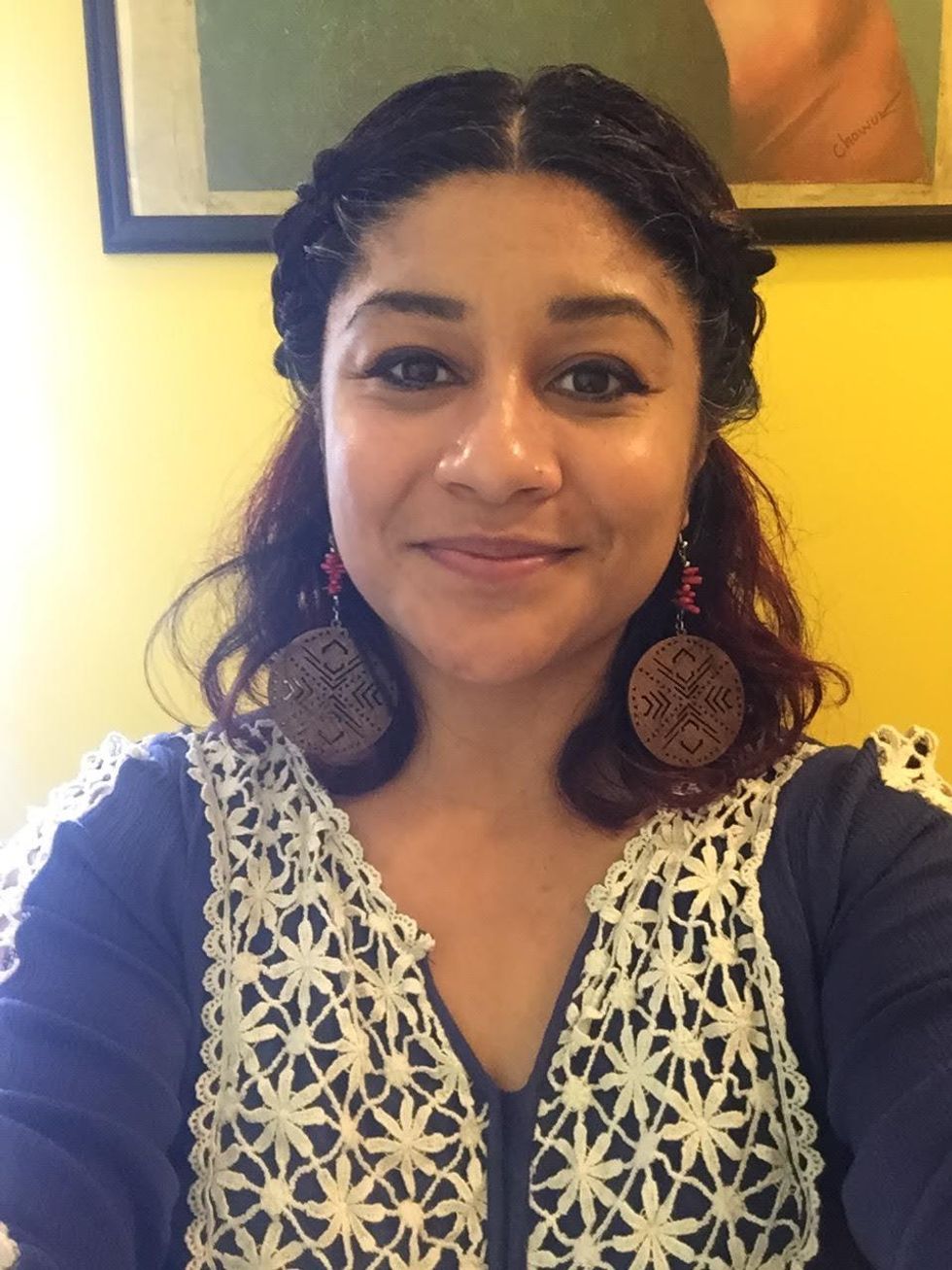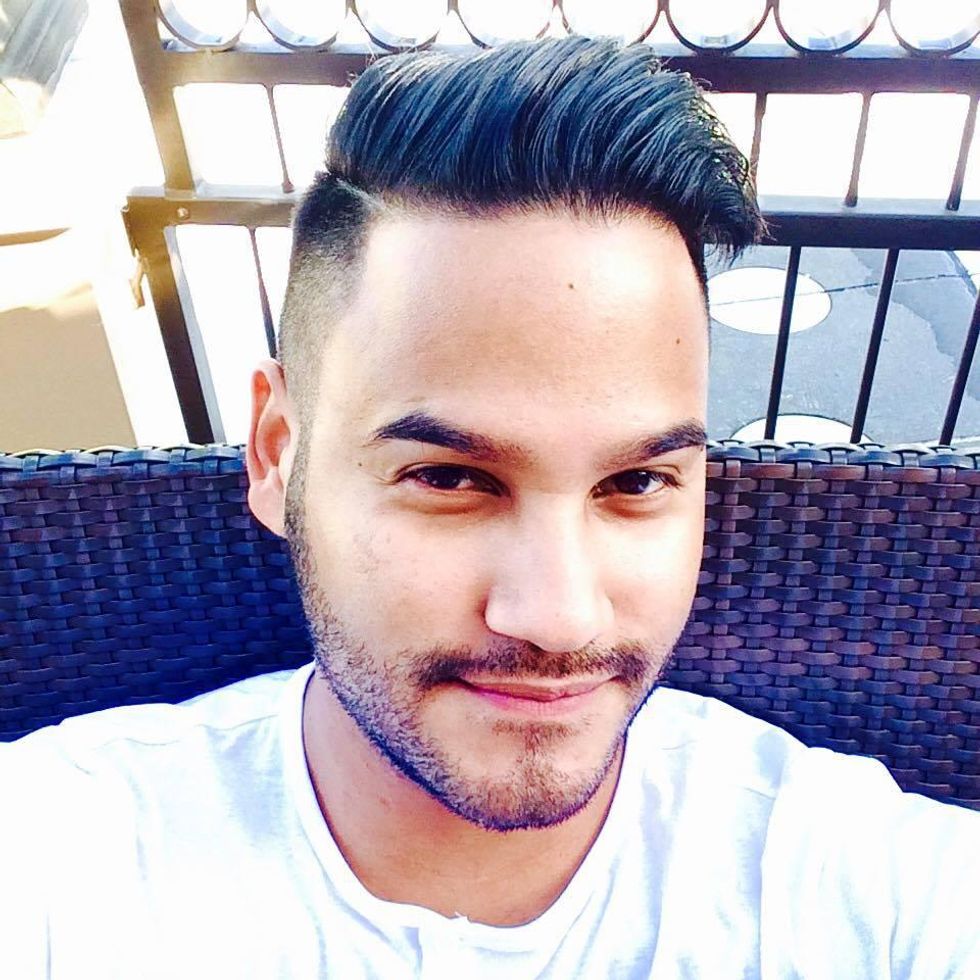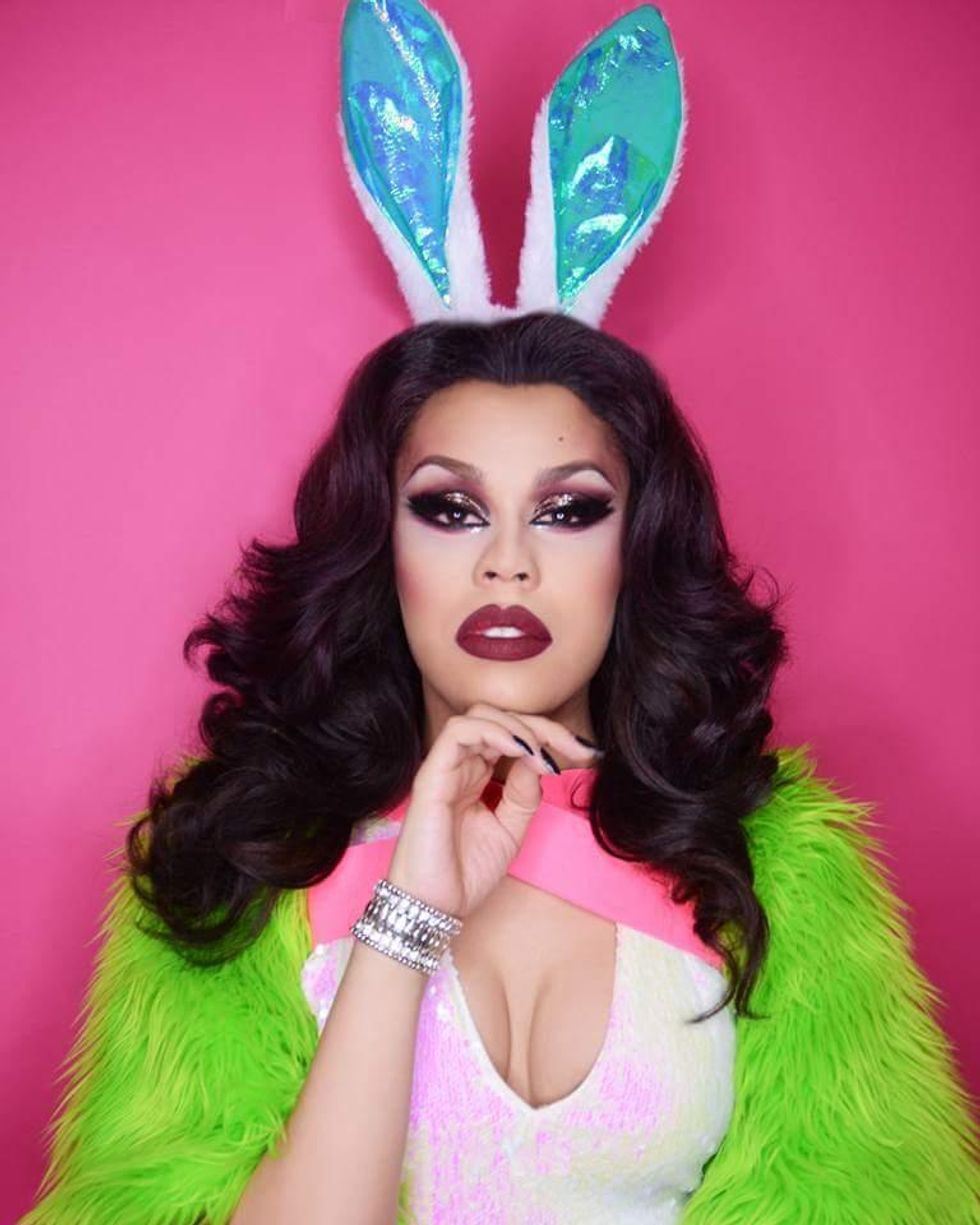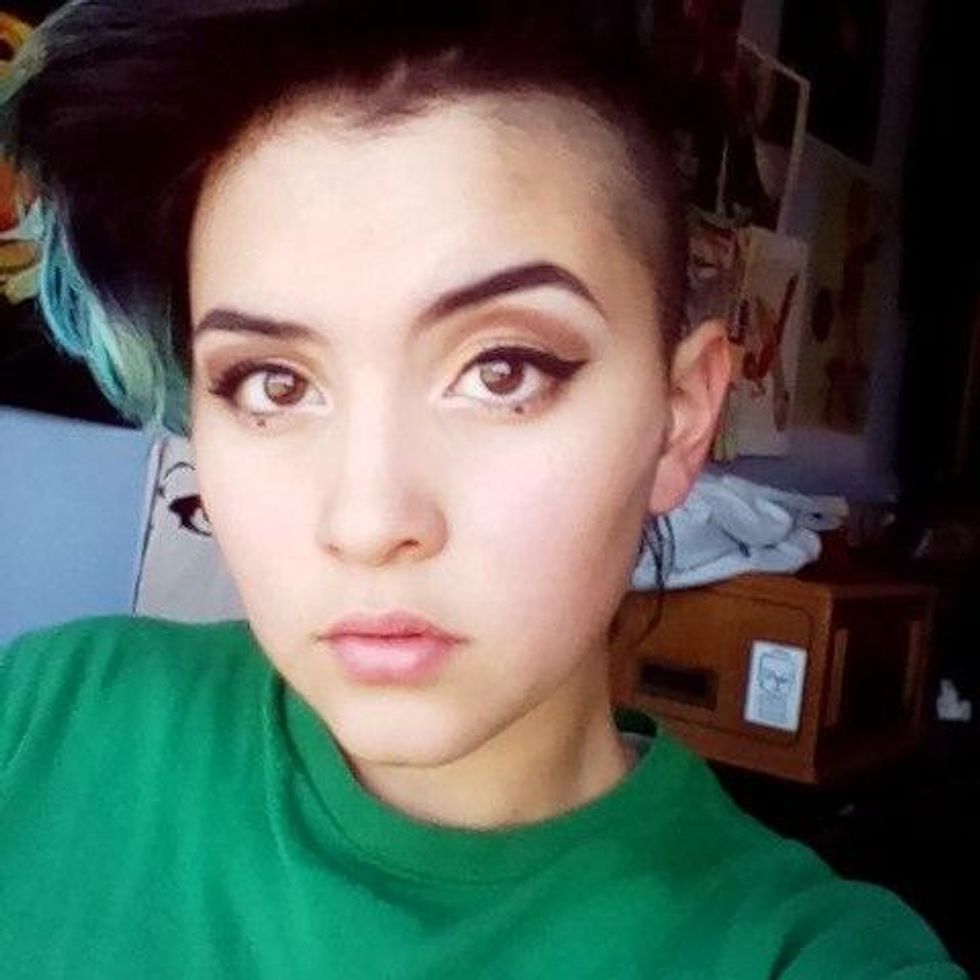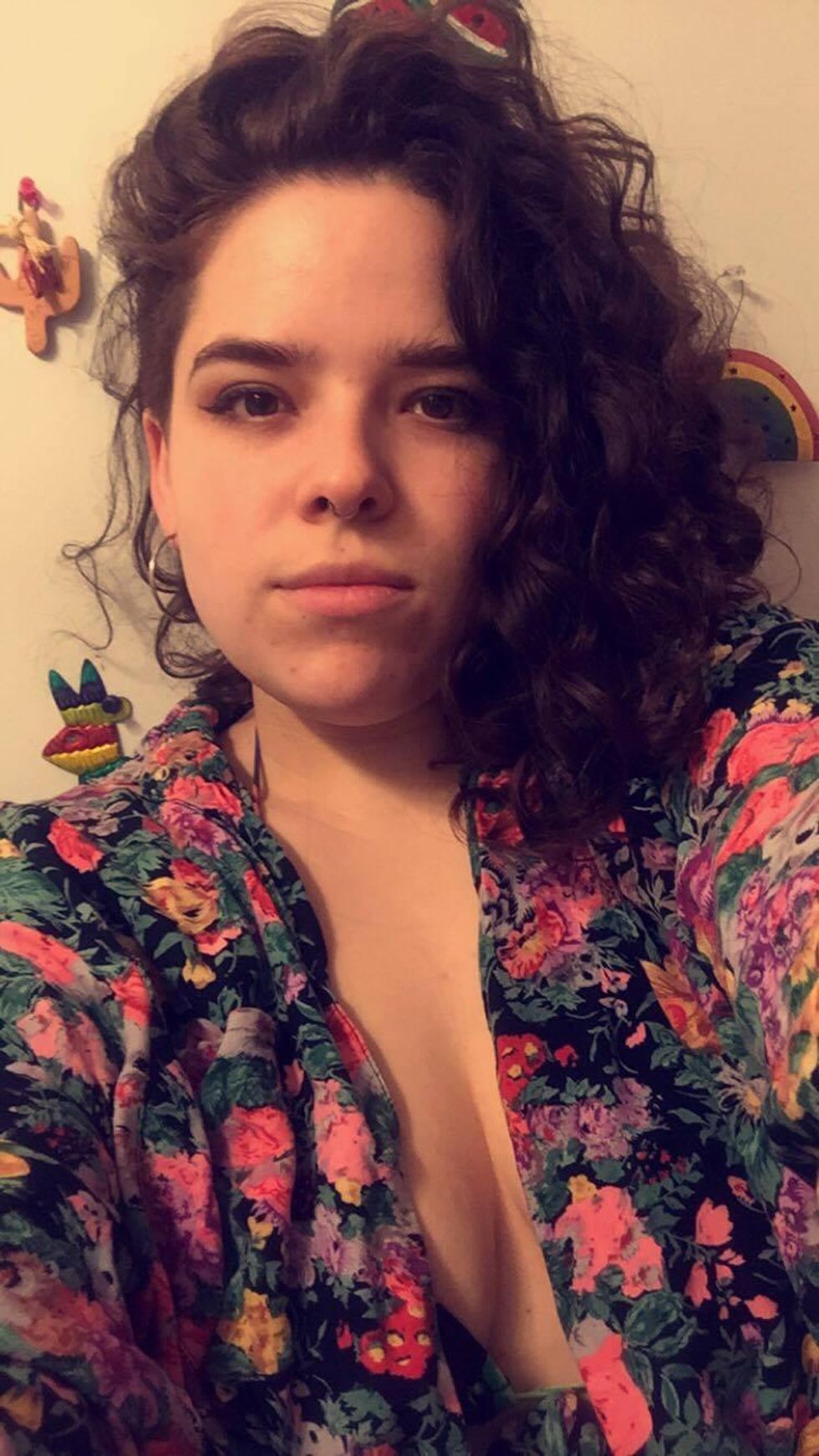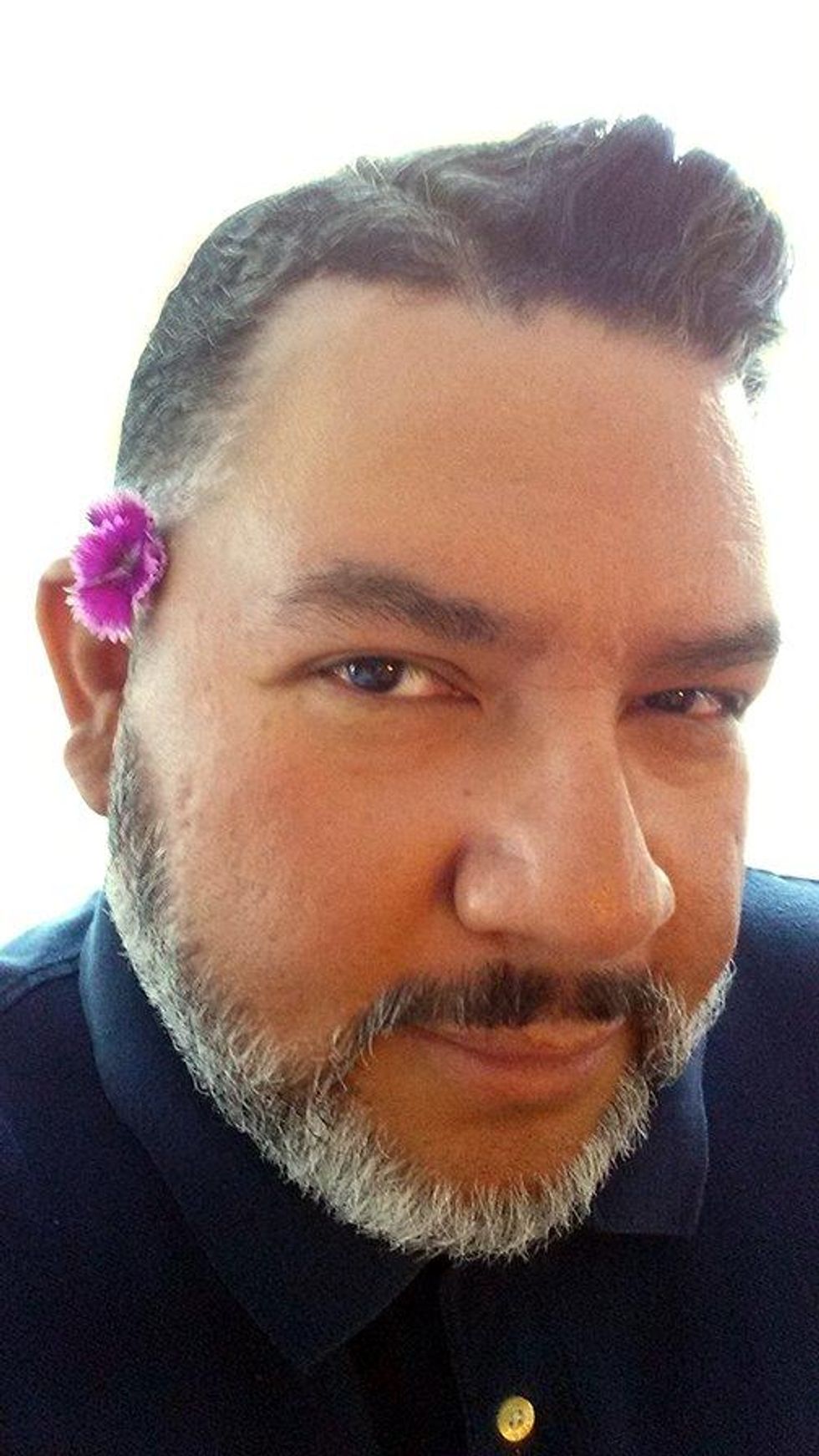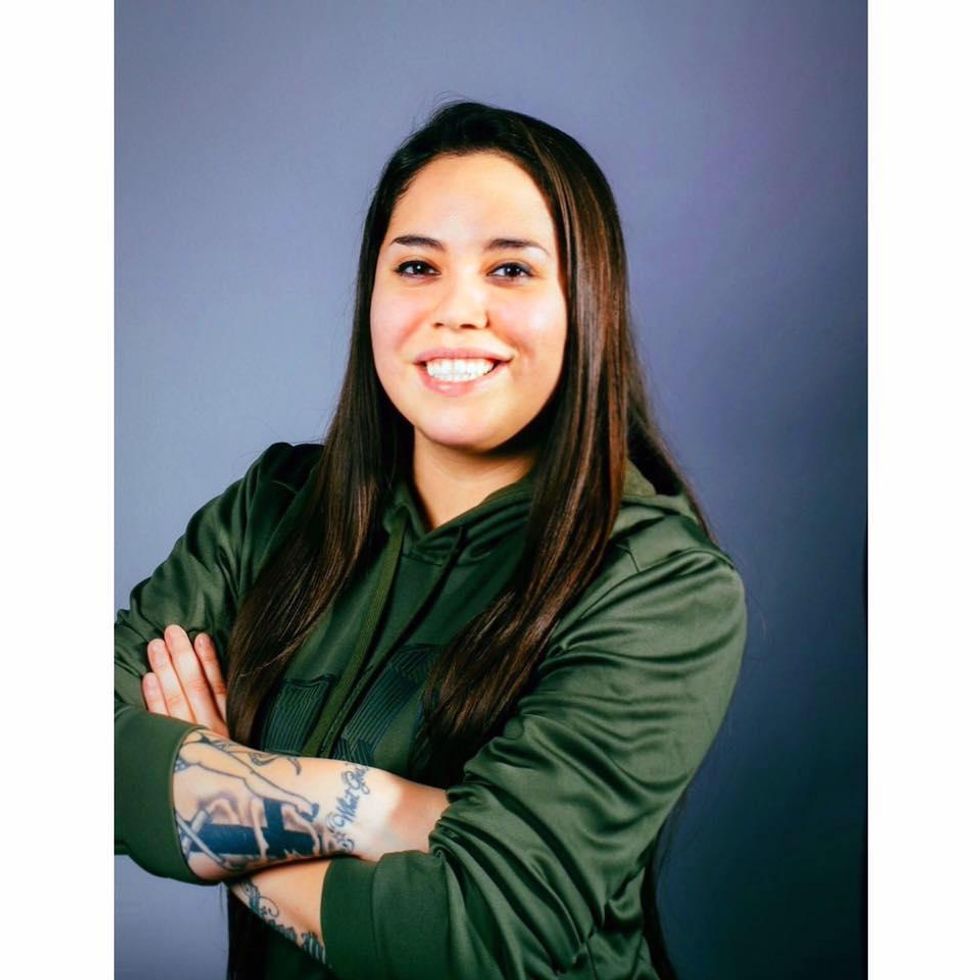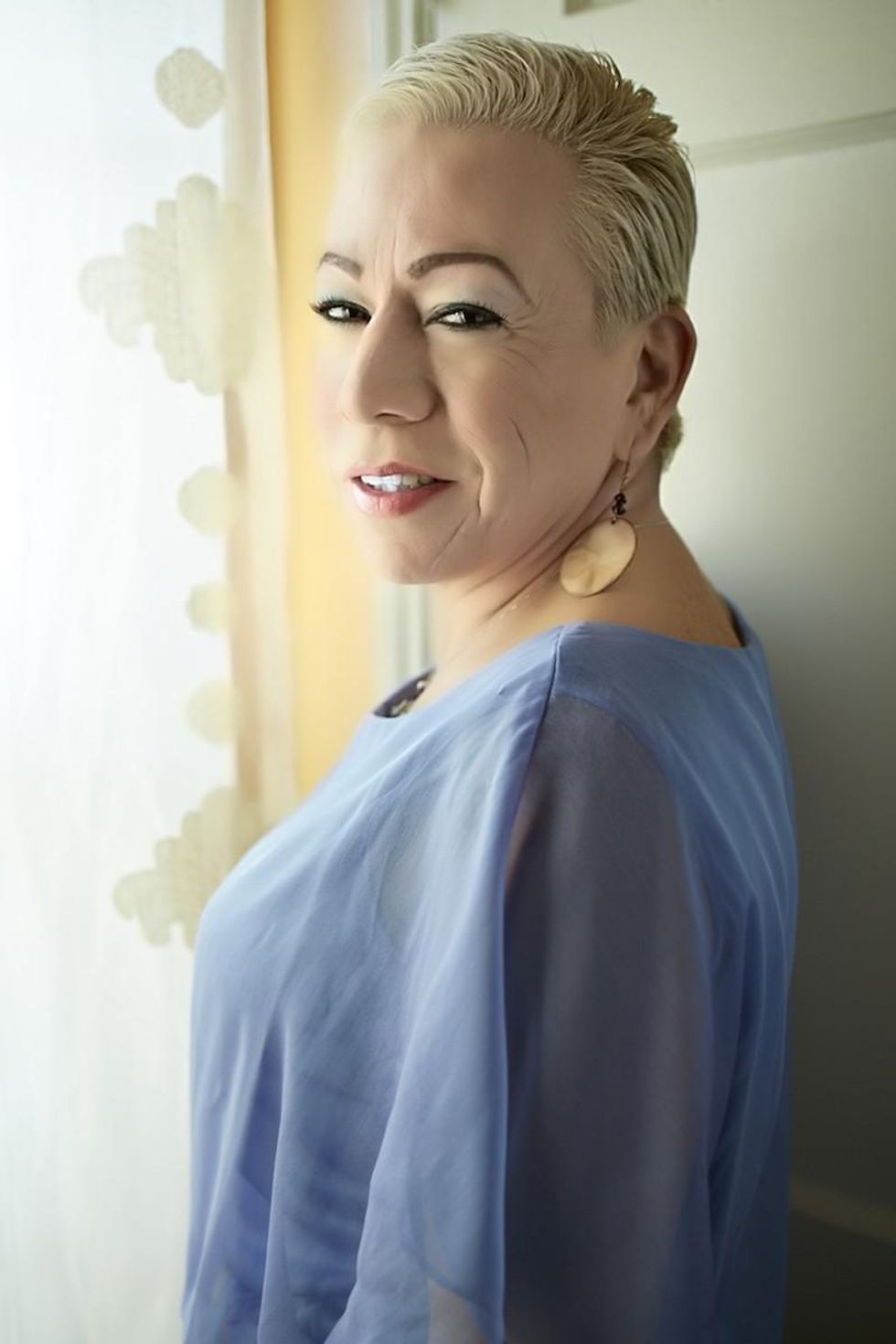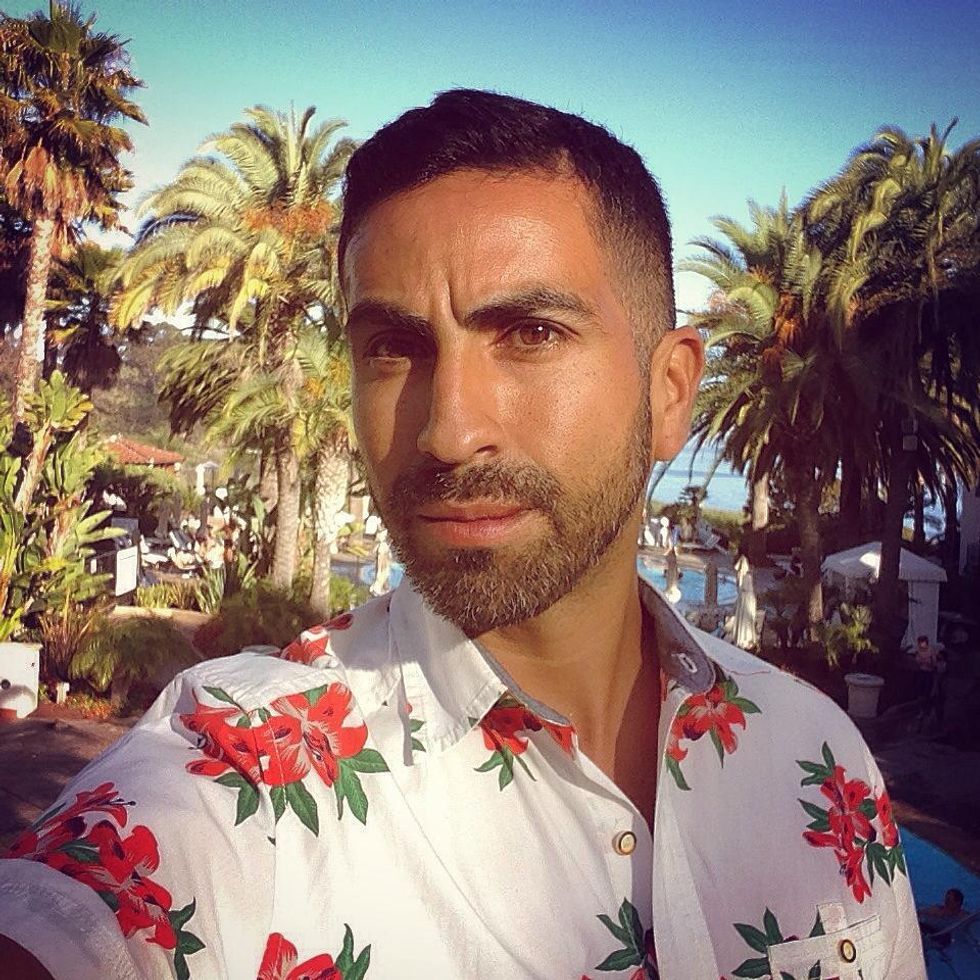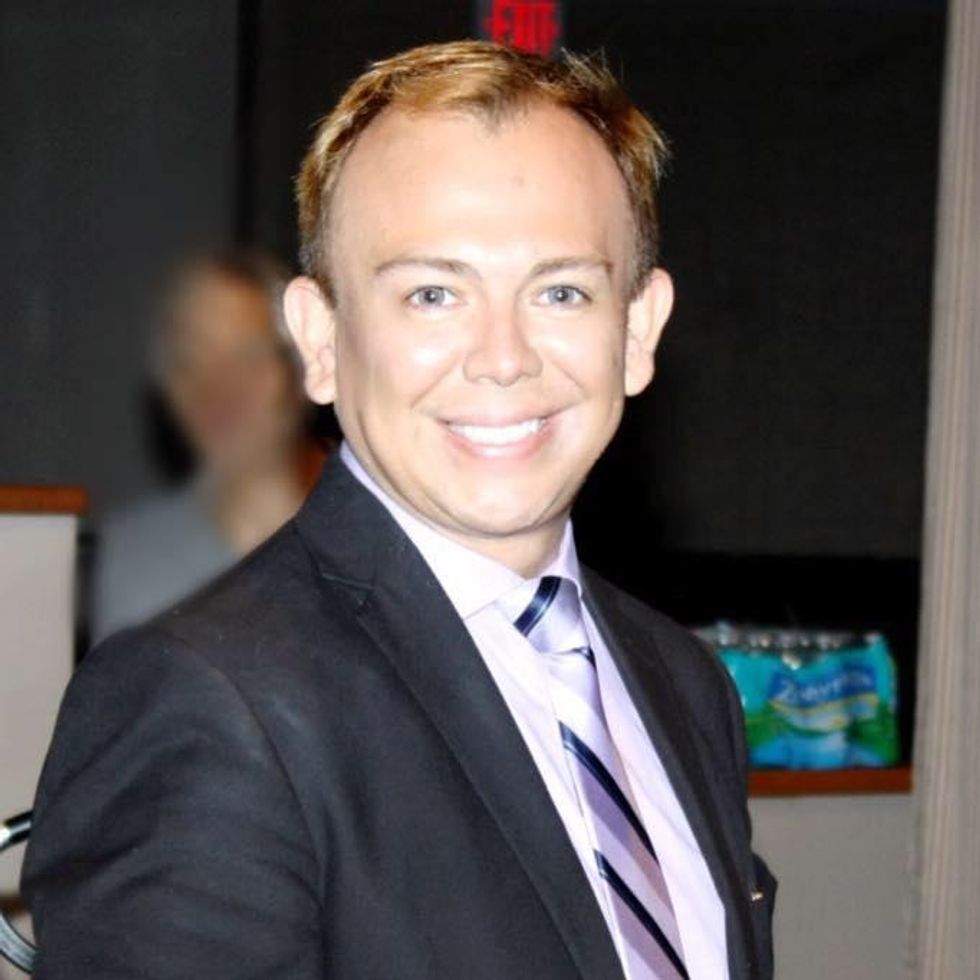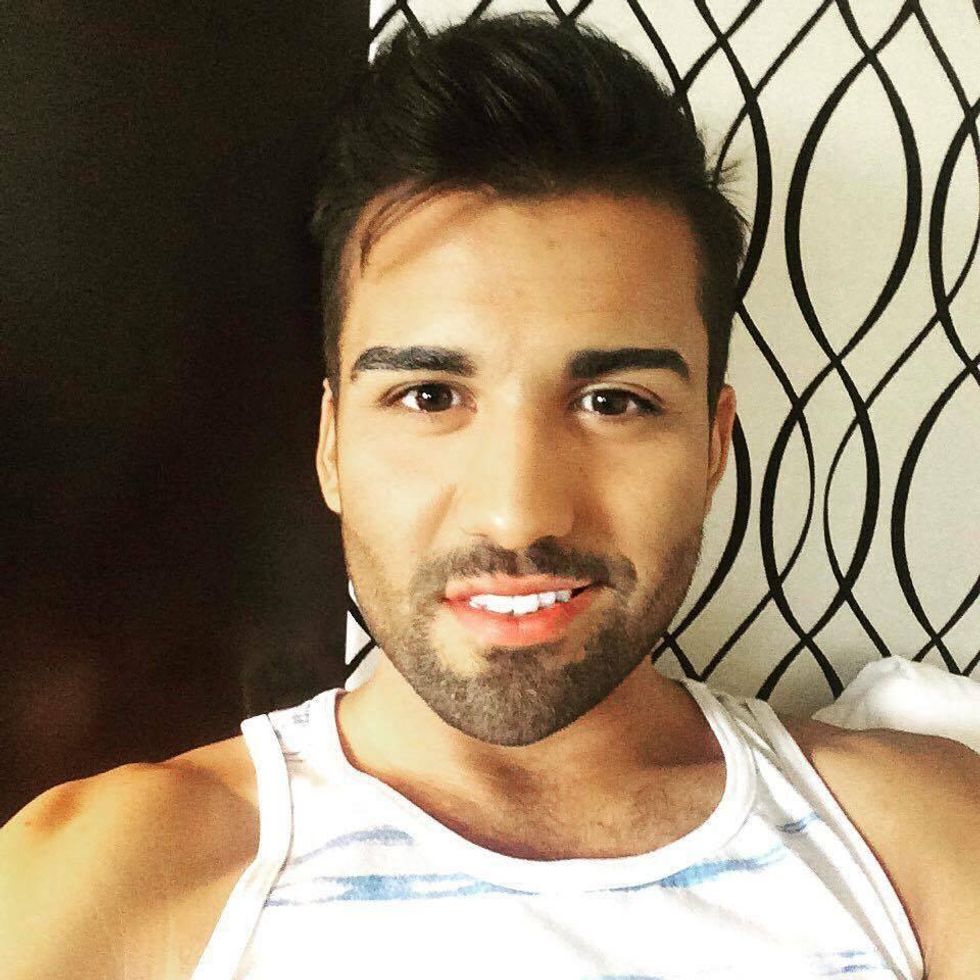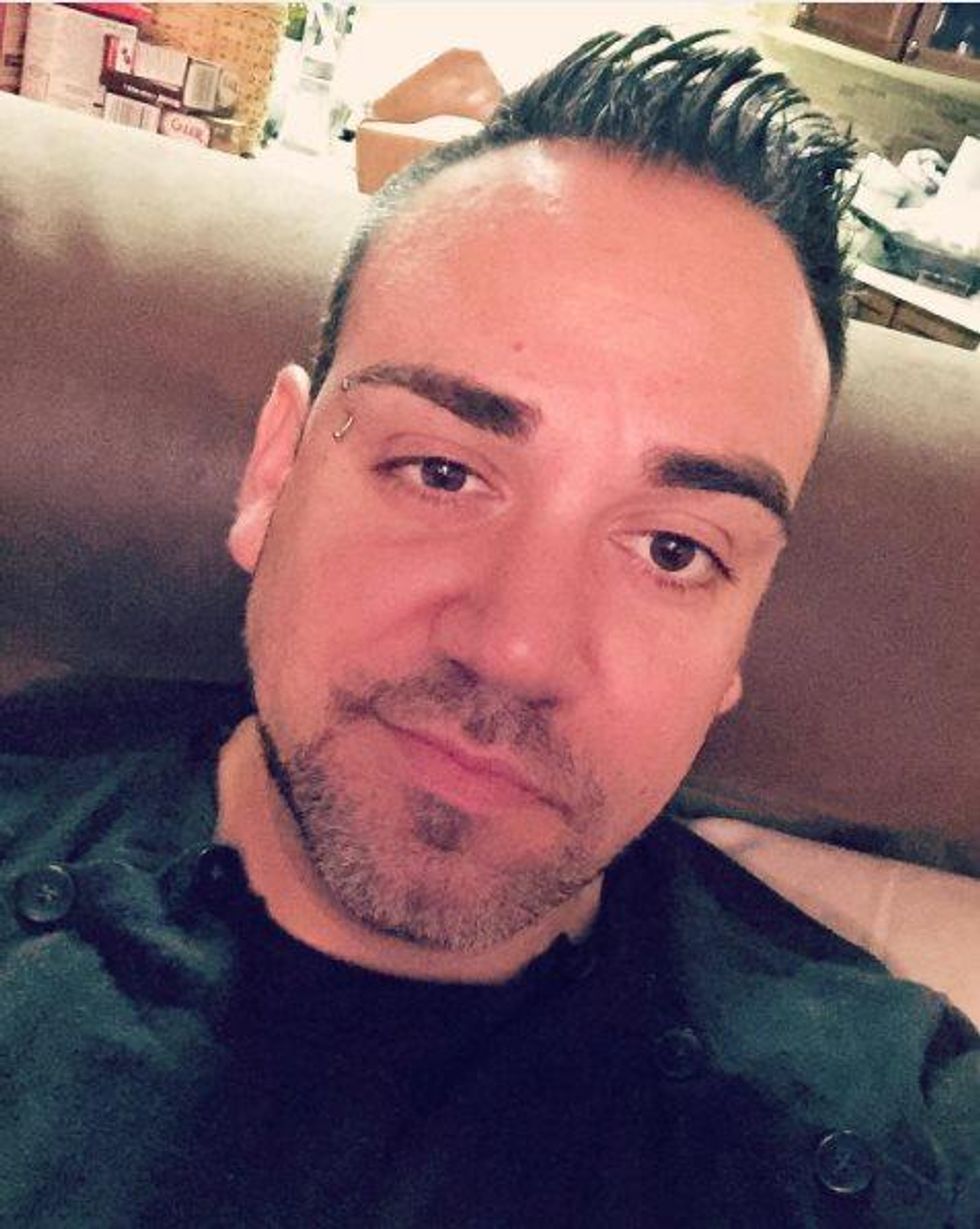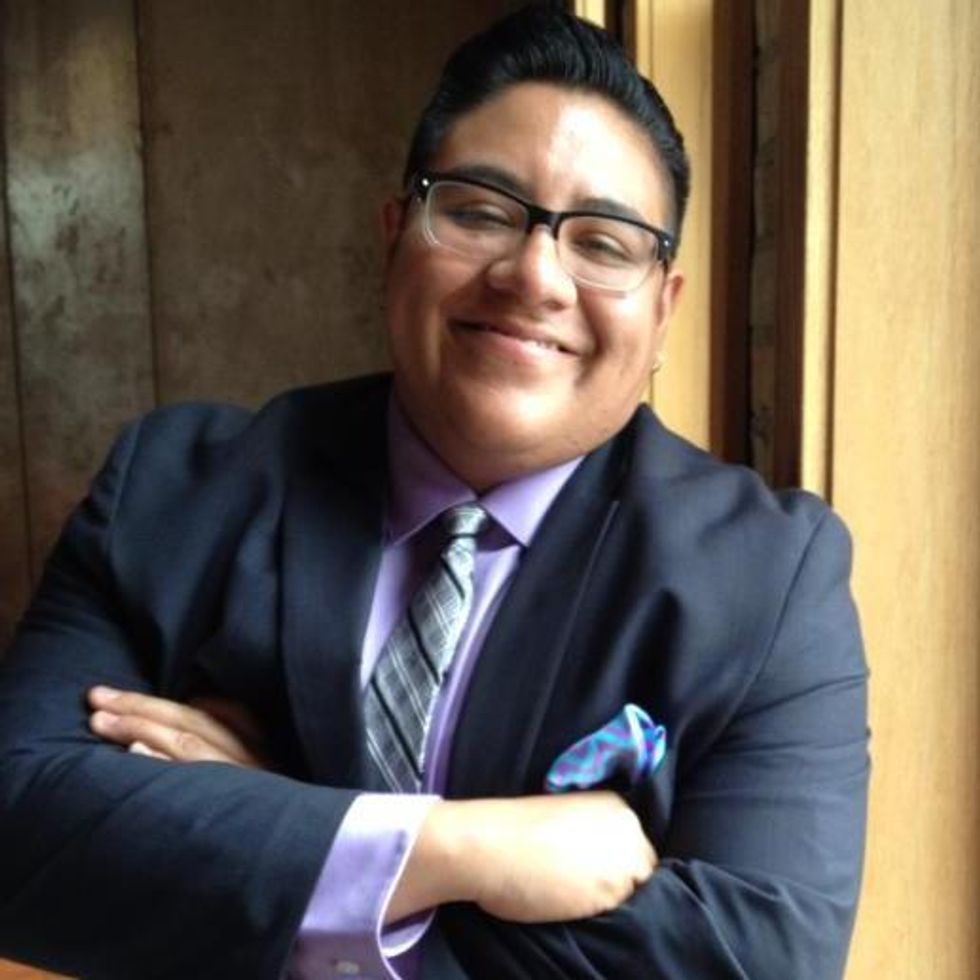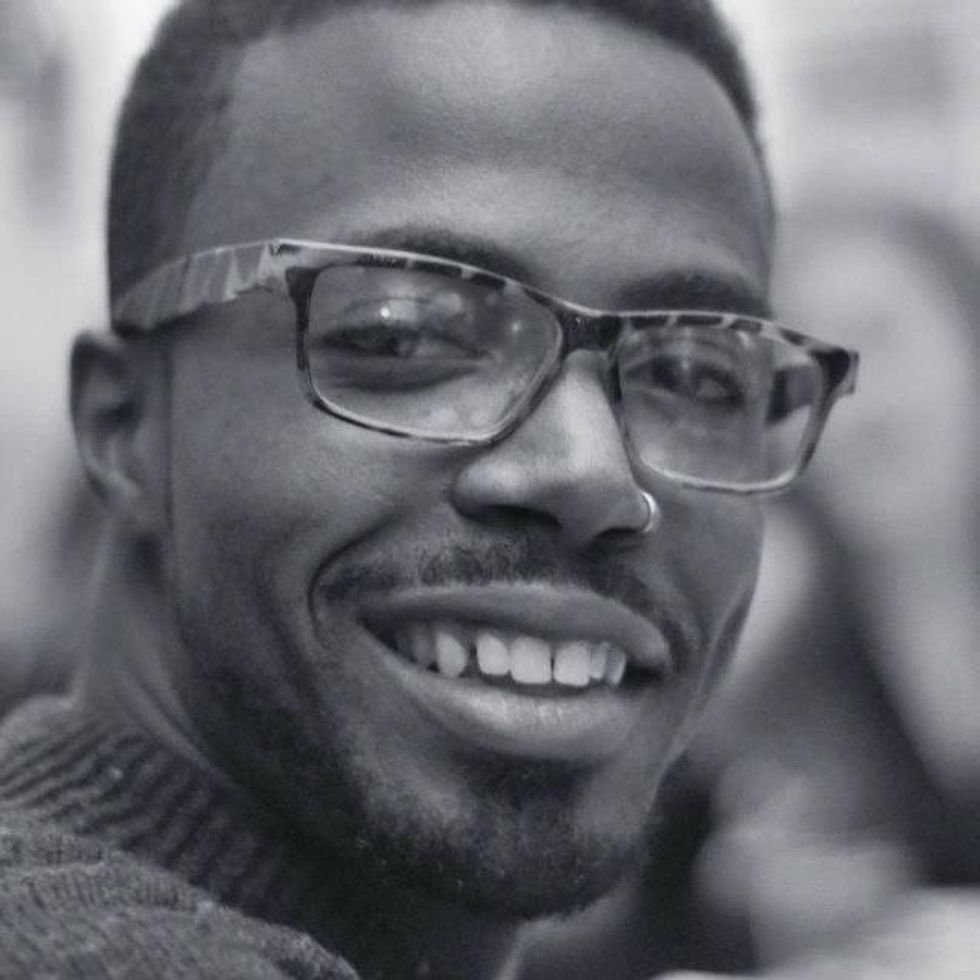Randall Jenson (St. Louis, MO), a queer, multiracial Latinx artist, advocate, and youth organizer
Photo: Jessica Neria
"Sunday, June 12, 2016 will be a date that most LGBTQ Latinx people, a trans and gender-inclusive term to acknowledge people with heritage in Spanish speaking countries, will remember where they were for the rest of our lives. It will become part of our lineage, memory, and embodied trauma of our personal identity and community formation. For LGBTQ Latinx folks, we know that the impact of this violence is not over. The residual trauma and post-traumatic stress will increase for many in our communities, as the massacre is only the tip of an iceberg of systematic violence facing LGBTQ black and brown people. As the weeks go on, we may lose more of our loved ones to self-harm and suicide as the dominant narrative shares that being LGBTQ is essentially unsafe."
